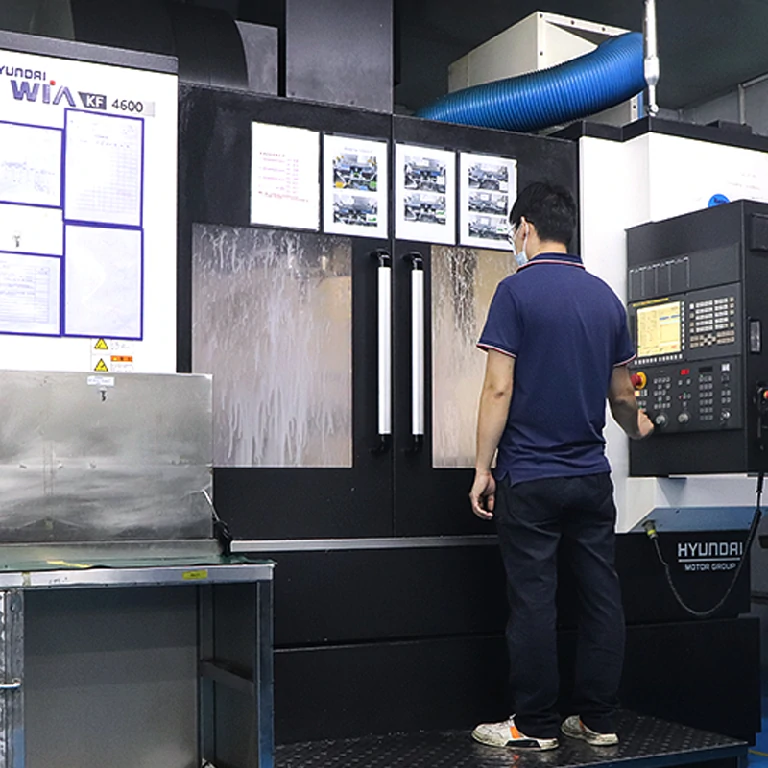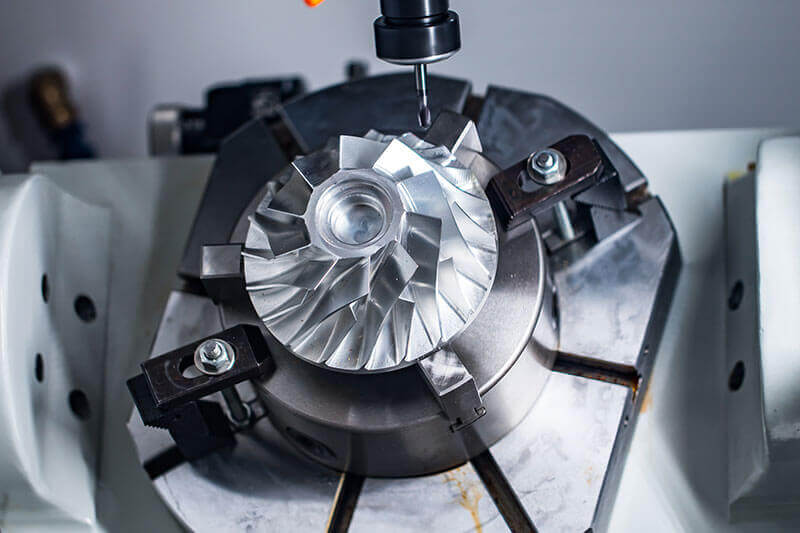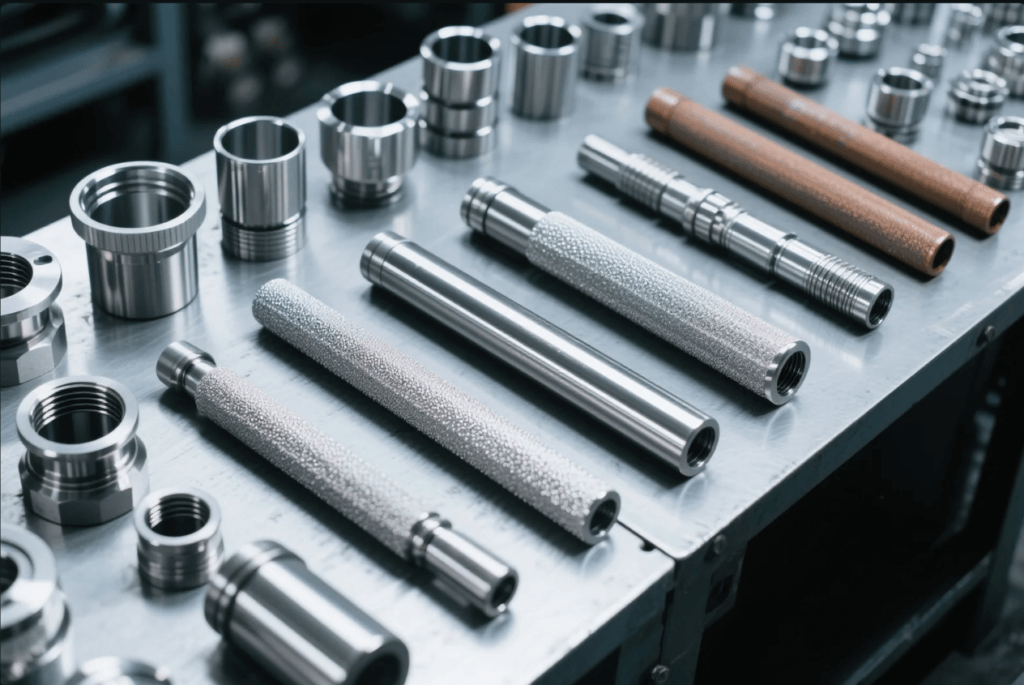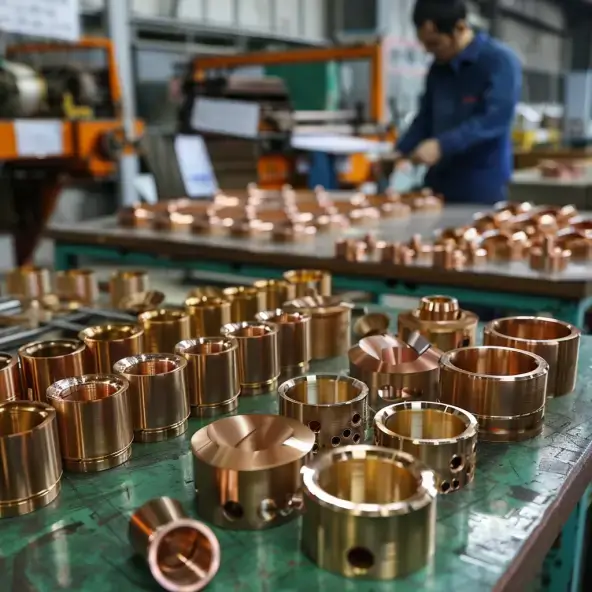What Is a Machine Shop?
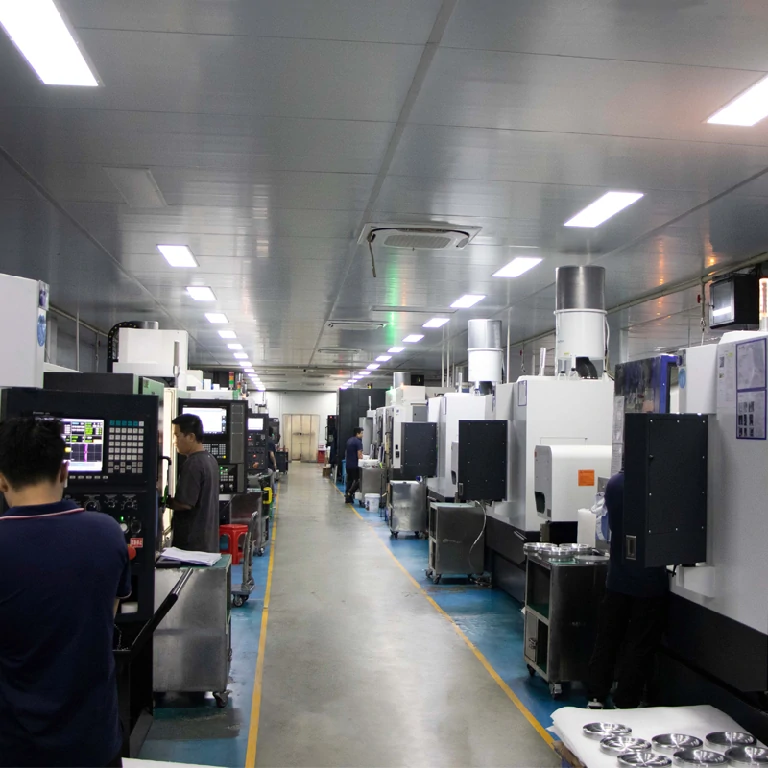
In modern manufacturing, a machine shop serves as the backbone of precision part production. These specialized facilities transform raw materials into finished components through cutting-edge machining processes. Today’s advanced shops combine computer-controlled technology with skilled craftsmanship to achieve tolerances within ±0.001 inches.
From prototyping to mass production, machine shops enable industries to turn designs into functional parts. They’ve evolved from traditional manual operations to fully automated smart factories using Industry 4.0 technologies.
What Does a Machine Shop Do?
Modern machine shops perform far more than basic part production. They provide complete manufacturing solutions that begin with design consultation and end with finished, inspection-ready components.
Core Functions Include:
- Material transformation: Converting raw stock into precision parts
- Engineering support: Design for manufacturability (DFM) analysis
- Quality assurance: Comprehensive inspection services
- Value-added services: Heat treatment, plating, and assembly
What Services Does a Machine Shop Provide?
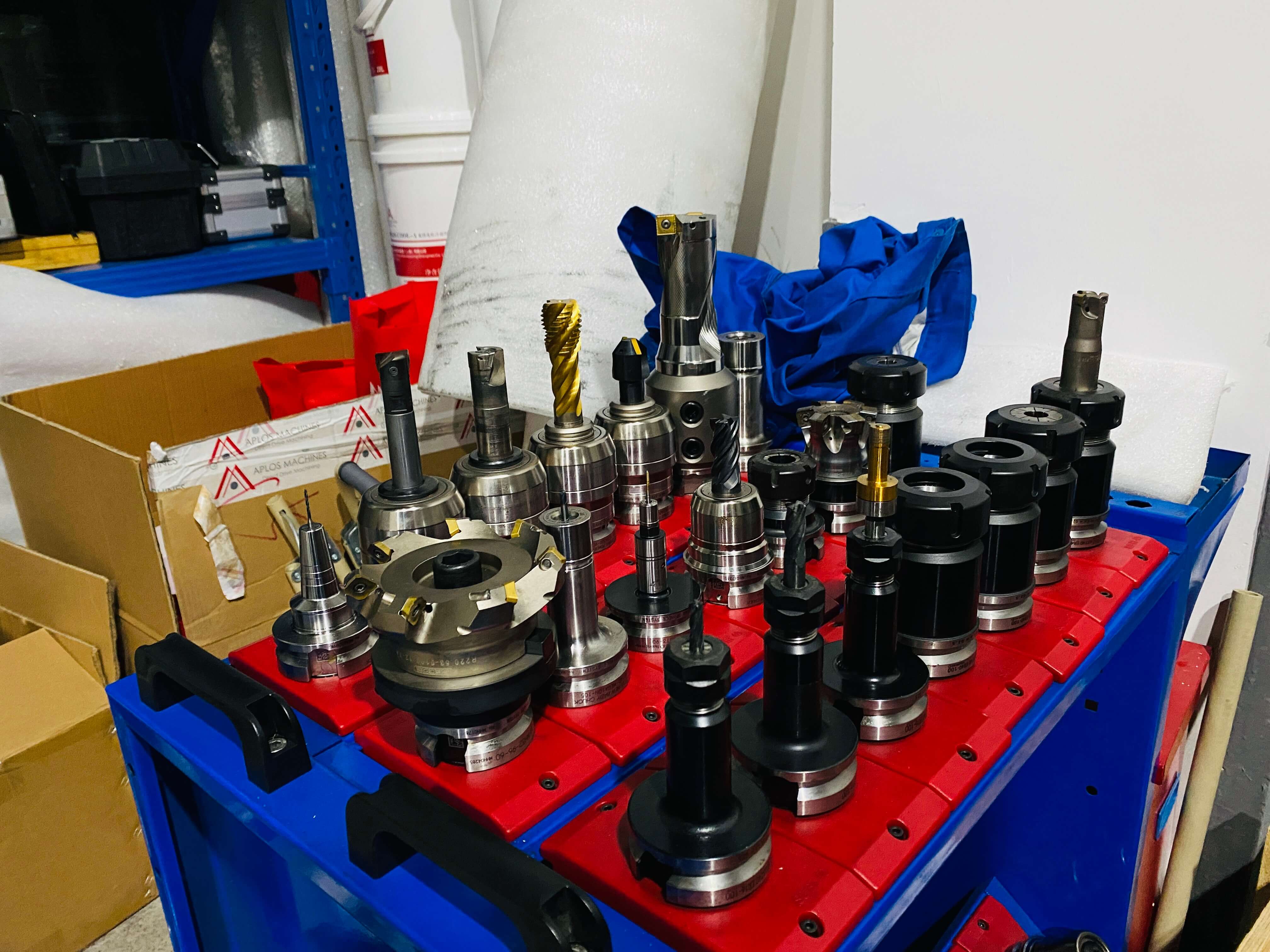
Leading machine shops offer comprehensive capabilities to handle diverse production needs. These services typically include:
1. CNC Turning Cente
CNC lathes produce rotationally symmetric parts with excellent surface finishes. Modern turning centers often include live tooling for milling operations, creating complete parts in single setups.
2. CNC Milling Center
3-5 axis milling machines create complex geometries with tight tolerances. Advanced shops use high-speed machining centers that combine rapid material removal with precision finishing.
3. Drilling Operations
Precision drilling services create holes with positional accuracy within 0.005 inches. Many shops offer specialized deep-hole drilling for challenging applications.
4. Grinding Services
Surface, cylindrical, and centerless grinding achieve micron-level tolerances and superior surface finishes for critical components.
5. CNC Machining Centers
Multi-tasking machines combine turning, milling, and grinding capabilities to produce complete parts with minimal handling.
The Most Suitable Steel for Machining
Material selection significantly impacts machining results. The ideal steel depends on application requirements, including strength, corrosion resistance, and machinability.
| Material | Machinability Rating | Best For | Surface Finish |
|---|---|---|---|
| 1215 Free Machining Steel | 100% (Baseline) | High-volume screw machine parts | Good |
| 4140 Alloy Steel | 65% | Gears, shafts, tooling | Excellent |
| 303 Stainless Steel | 78% | Corrosion-resistant components | Very Good |
| 1018 Mild Steel | 72% | General purpose parts | Good |
| D2 Tool Steel | 45% | Dies and molds | Excellent (after grinding) |
Quality Control in a Machine Shop?
Reputable shops implement rigorous quality systems to ensure part conformity. A typical quality process includes:
Inspection Workflow:
- First Article Inspection (FAI): Verifies initial sample against drawings
- In-Process Checks: Monitors critical dimensions during production
- Final Inspection: Comprehensive verification before shipment
- Documentation: Complete inspection records with traceability
How to Choose a Suitable Machine Shop?
Selecting the right manufacturing partner requires careful evaluation of several critical factors:
Key Considerations:
- Technical Capabilities: Equipment list and capacity analysis
- Industry Experience: Familiarity with your sector’s standards
- Quality Certifications: ISO 9001, AS9100, or other relevant standards
- Lead Time Performance: On-time delivery track record
- Communication: Responsiveness and technical support
What Industries Are Machine Shops Suitable For?
Precision machining services support virtually all manufacturing sectors requiring metal components:
Primary Industries:
- Aerospace: Structural components, landing gear parts
- Automotive: Transmission components, engine parts
- Medical: Surgical instruments, implantable devices
- Energy: Turbine blades, valve bodies
- Defense: Firearm components, armored vehicle parts
Concluding Remarks
Machine shops remain indispensable in modern manufacturing, providing the precision components that power industries worldwide. From prototype development to high-volume production, these facilities combine advanced technology with skilled craftsmanship to meet exacting specifications.
Key Takeaways:
- Modern shops offer complete manufacturing solutions from design to finished parts
- Material selection directly impacts machining results and part performance
- Rigorous quality systems ensure components meet specifications
- Choosing the right partner requires evaluating technical and quality capabilities
- Virtually all manufacturing industries rely on precision machining services


